3 January 2025
Grief is hard. It’s messy, unpredictable, and it doesn’t follow a timetable. Now, throw in the dynamics of a blended family—different personalities, unresolved feelings, and perhaps a history of loss—and you’ve got yourself a cocktail of challenges. Coping with grief is tough enough on its own, but in a blended family, it can feel like trying to solve a jigsaw puzzle with scattered pieces.
But here’s the thing: while navigating grief and loss in a blended family is no walk in the park, it’s not impossible either. With compassion, communication, and a little bit of patience, families can weather even the toughest emotional storms. Let’s dive in and talk about how to handle this sensitive topic with care.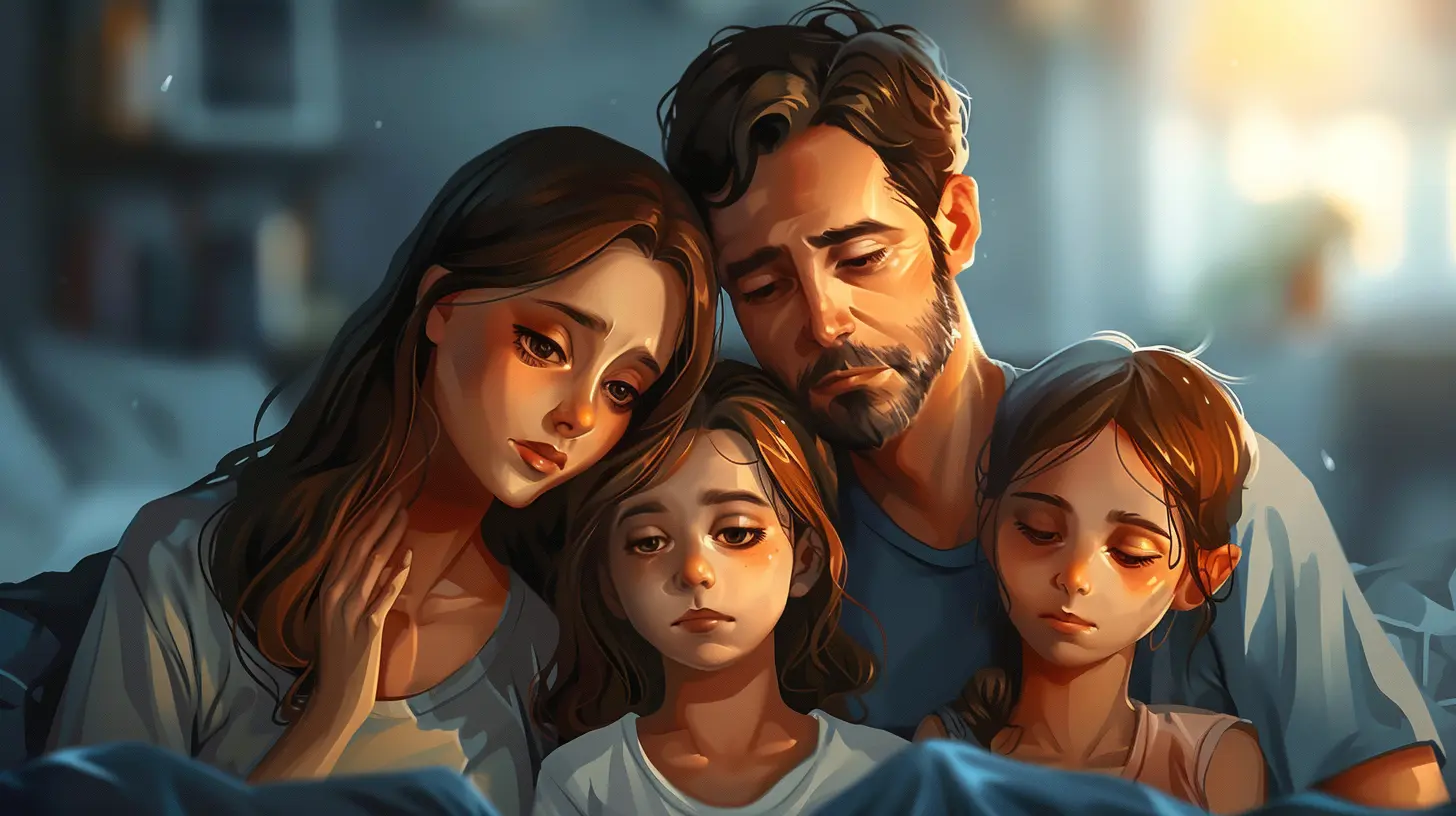
What Exactly Is Grief? And Why Is It So Challenging?
Grief is the emotional response we experience when we lose something—or someone—important. It might stem from the death of a loved one, a divorce, or even the loss of a way of life as families blend together. It’s not just sadness; grief can come with anger, guilt, confusion, or even numbness.Why is grief so hard in a blended family? Well, because everyone might process it differently. A stepchild grieving a parent might not understand why their stepparent doesn’t seem as affected. Or, someone who has "moved on" from their own grief might unintentionally invalidate the emotions of others. It’s like everyone’s reading from a different script—and trying to bring it all into harmony can feel overwhelming.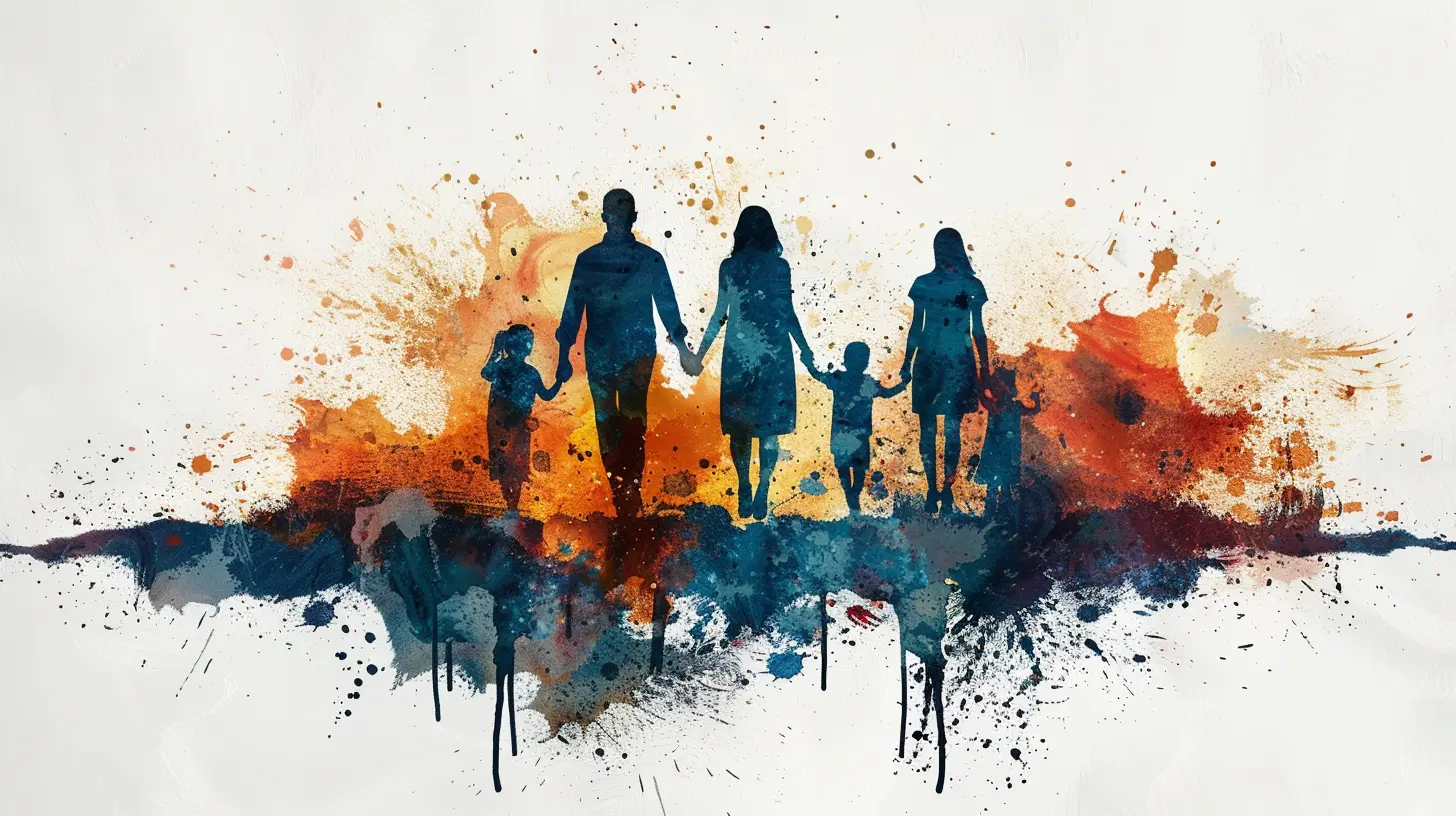
Grief in a Blended Family: Common Challenges
Let’s take a closer look at some of the unique challenges blended families face when dealing with grief. Understanding these pain points can shed light on how to address them.1. Mixed Emotions About Loss and Change
Blended families are formed out of change. Maybe it’s the remarriage of a parent. Maybe it’s coming together after a divorce or a loss. Whatever the case, different members of the family may have different feelings about the situation. Some may be grieving the loss of the "old family," while others might feel hopeful or even excited about the "new family."This emotional disconnect can make it hard for family members to truly support one another. If one person feels like they're "supposed to" move on while another still feels stuck, conflict can arise.
2. Different Grieving Styles
Not everyone grieves the same way—or at the same time. Kids might express their grief through acting out or withdrawing. Adults, on the other hand, may try to "keep it all together," suppressing their emotions to maintain order. This mismatch in grieving styles can lead to misunderstandings and frustration.3. Resentment or Misplaced Blame
In a blended family, it’s not uncommon for children or other family members to feel resentment. A child might think, “If Dad didn’t remarry, we wouldn’t have to deal with any of this.” A stepparent might misinterpret a child’s grief as rejection. It’s easy to see how people can feel hurt or blamed, even unintentionally.4. Lack of a Shared History
New family members may not have known the loved one who was lost. This can create feelings of exclusion. Imagine trying to comfort someone when you don’t share the same memories—that’s tough! For the grieving person, it may feel like, “You don’t get it. You weren’t there.”
How to Handle Grief and Loss in a Blended Family
Now that we know the challenges, let’s talk about practical steps to handle grief in your blended family. Because, trust me, while it’s complicated, there’s a way to navigate this.1. Acknowledge the Grief
First things first: don’t sweep the grief under the rug. Ignoring it won’t make it go away. Acknowledge that grief is a normal, healthy reaction to loss. Let family members know it’s okay to feel whatever they’re feeling—even if it’s anger, sadness, or guilt.Opening up the conversation is the first step toward healing. Something as simple as, “I’ve noticed you’ve been feeling a bit down lately—want to talk about it?” can make a world of difference.
2. Create a Safe Space for Emotions
Grief isn’t one-size-fits-all, and neither is healing. Some kids (or adults!) might want to talk it out, while others might need time to process silently. Respect those differences. Make it clear that everyone is allowed to express their emotions authentically—without judgment.Tip: Family meetings or one-on-one chats can help provide that safe space. But don’t force it. Sometimes, the best conversations come when emotions naturally bubble to the surface. (Hint: Car rides can work wonders!)
3. Be Patient—With Yourself and Others
Here’s the tough love: grief doesn’t have a deadline. It can pop up unexpectedly, even months or years later. Be patient not only with your family members’ healing process but also with your own. If someone seems to be "stuck," let them know you’re there for support, but avoid trying to push them to "move on." Everyone heals in their own time.4. Seek Professional Help If Needed
Sometimes, grief feels too big for a family to handle alone—and that’s okay. Therapists, counselors, or support groups can offer tools and guidance tailored to your family’s unique needs. Don’t hesitate to reach out for help if you feel stuck. It’s not a sign of weakness; it’s a sign of love.5. Find Ways to Honor the Loss
Honoring the person or thing you’ve lost can be a powerful way to heal. Create family rituals that keep their memory alive—like lighting a candle on special days or sharing stories at dinner. This can help the family bond, even as everyone experiences grief differently.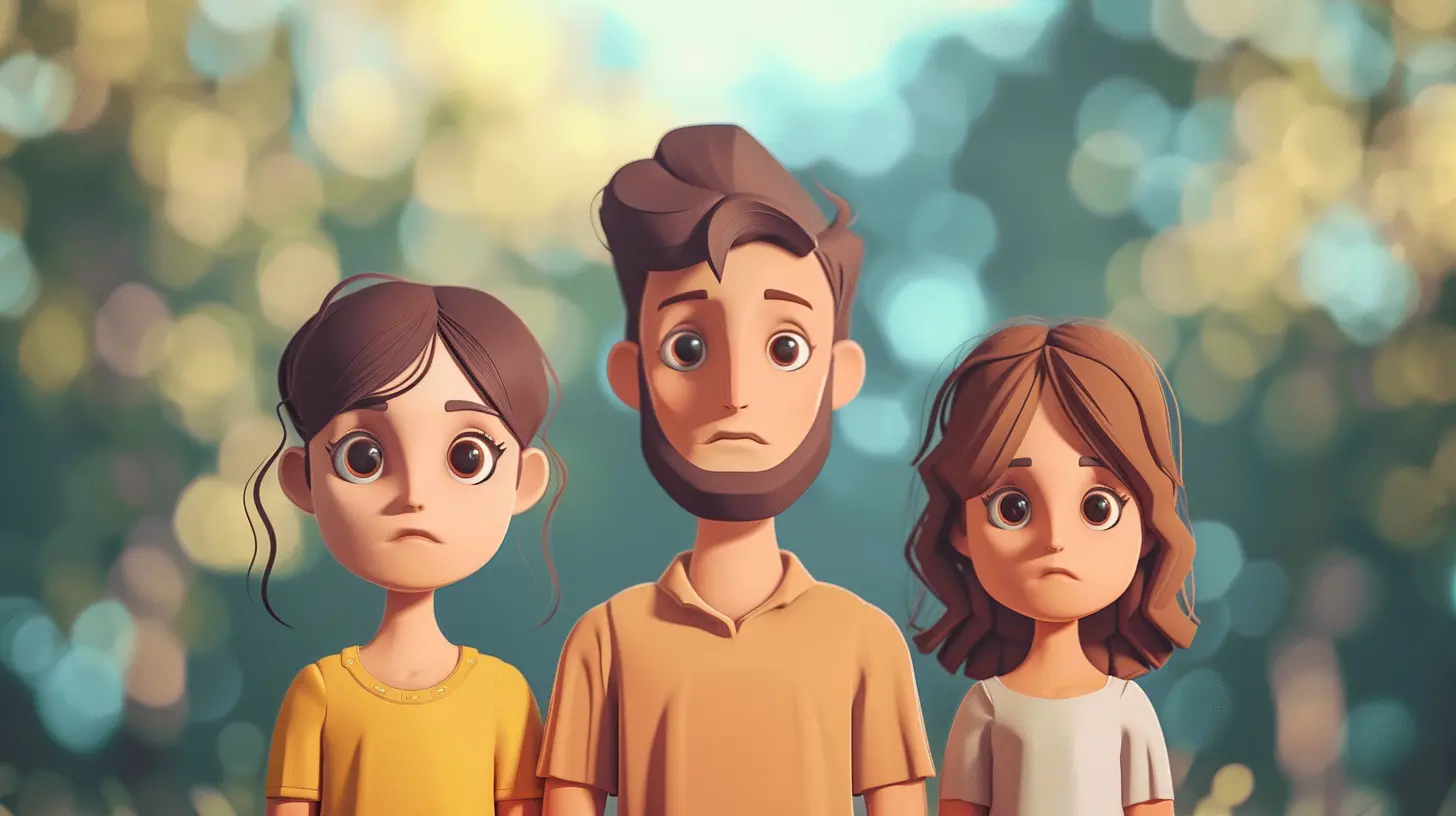
Supporting Kids Through Grief
Kids, especially, need extra support when dealing with grief in a blended family. They might not have the words to explain how they feel, so it’s up to the adults to be proactive. Here are some pointers:- Validate Their Feelings: Even if you think their reactions are "over the top" or don’t make sense to you, let them know their emotions are valid. Saying something like, “It’s okay to miss your mom—even if you’re getting to know me as your stepmom,” can be incredibly reassuring.
- Be Mindful of Your Actions: Kids are like sponges. They pick up on more than we think. If you’re suppressing your grief or brushing past it, they might feel like they should, too.
- Use Age-Appropriate Language: Younger kids might need simpler explanations of loss, while teens may benefit from more open, honest discussions. Follow their lead and answer their questions as best as you can.
- Look for Behavioral Clues: Not all kids will come out and say, “I’m sad.” Pay attention to changes in behavior, like trouble sleeping, withdrawing from friends, or acting out. These could be signs they’re struggling.
Building a Stronger Family Through Grief
Believe it or not, grief can also be an opportunity to bring a blended family closer together. It’s through these tough times that families learn how to support, trust, and lean on one another. By navigating grief with empathy, patience, and an open heart, you’re setting the stage for deep, meaningful bonds.Think of it like this: when you plant a garden, you don’t just water it once and hope for the best. You nurture it, give it sunlight, pull out the weeds, and allow time for growth. Family healing works the same way.
Final Thoughts
Handling grief and loss in a blended family isn’t easy, and it’s okay to feel overwhelmed at times. But remember—you’re not alone in this. Every family has its struggles, and what matters most is that you’re trying. By being understanding, fostering open communication, and offering grace to yourself and others, your family can emerge stronger and more connected.So, take a deep breath, give yourself a pat on the back, and remind yourself that healing is a journey. One step at a time—that’s all it takes.

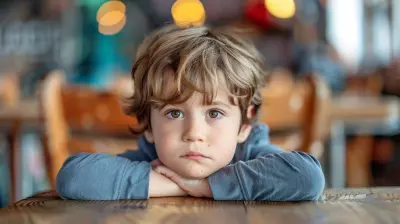


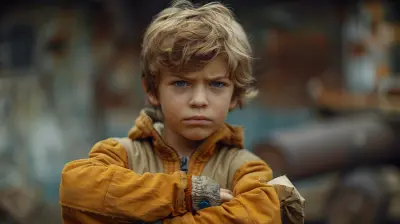
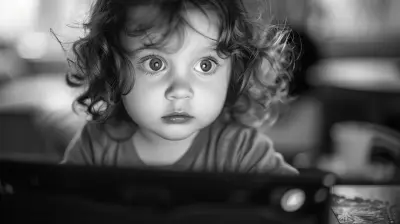




Bennett Roberson
Grief in a blended family can feel like juggling chainsaws—tricky, messy, and often painful. Acknowledging each person’s unique experience while fostering open communication is key. Together, we can turn sorrow into a shared journey, creating a stronger, more resilient family bond through love and understanding.
March 26, 2025 at 3:24 PM